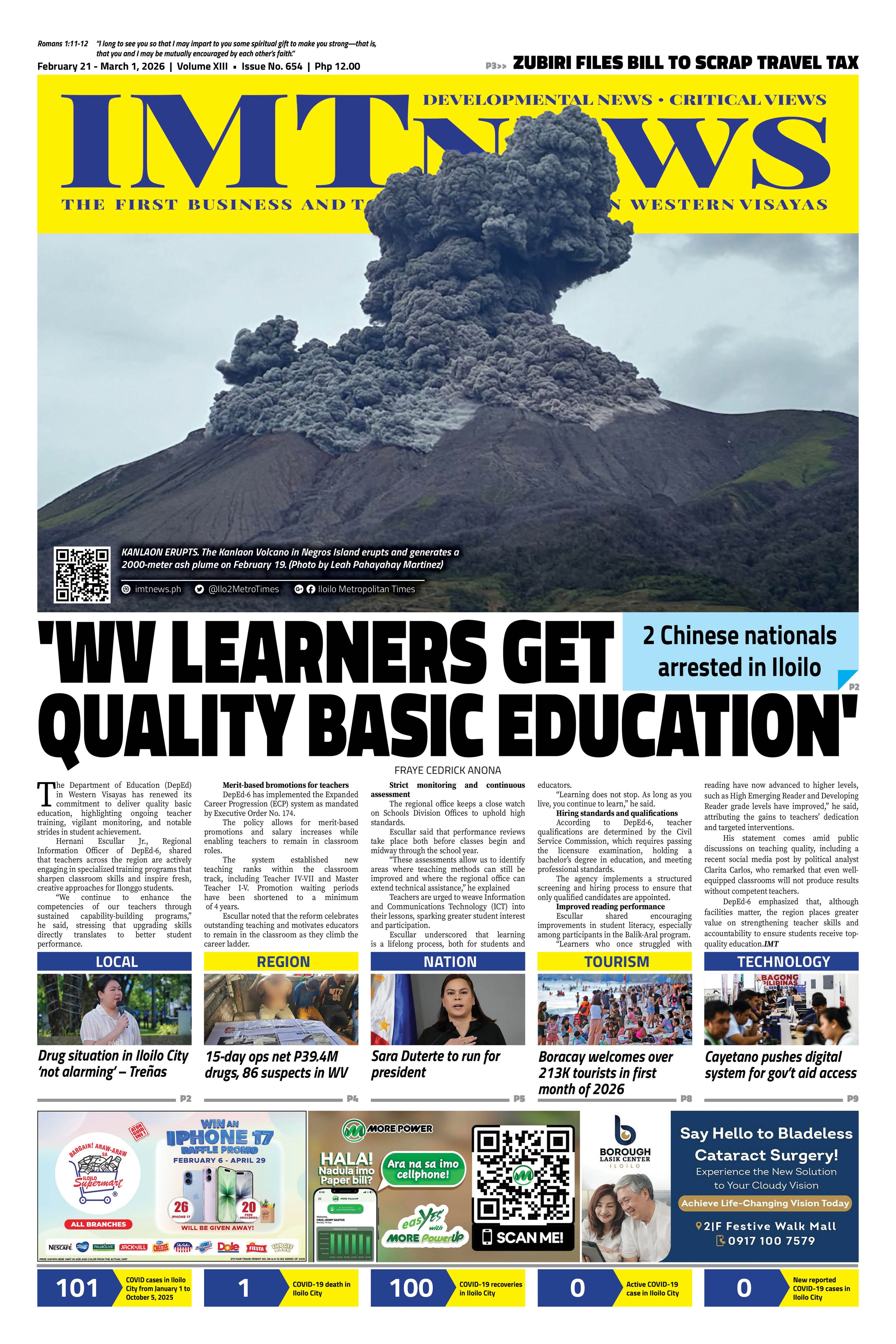We recognize delicadeza best when someone breaks it. One word on live teleradio—“tanga”—made offices and classrooms feel tense. People stopped debating policy and started asking about tone, respect, and what public office demands. The clash between Senator Rodante Marcoleta and Abante Radyo anchor Marlo Dalisay was less about proving who was right. It became more about how public leaders should carry themselves while flood-control projects are under investigation and questions linger over the senator’s wife’s board role in an insurer linked to the contractors. The senator denied any improper tie; the anchor pressed delicadeza. That word became a mirror, and many did not like what they saw.
In daily Pinoy life, delicadeza means propriety, but it also means timing, restraint, and a quiet promise not to tilt the table in your favor. A Cebu tabloid editorial once reminded candidates that, while the law allows them to speak at graduations, the decent thing is to skip the campaigning out of respect for the ceremony’s dignity. That is delicadeza as a soft guardrail. In public service, it is more than courtesy; it is duty. Our Code of Conduct (RA 6713) asks officials to avoid situations that erode trust—even when the act is technically allowed.
A sticking point here is “independent director.” They do not run day-to-day operations, but they sit at the gate—overseeing audit, risk, and governance, sometimes chairing committees and receiving fees. Global guidance says independence is about more than shares or titles; it also covers closeness of relationships and the appearance of bias. When public power intersects with a spouse’s board seat in an insurer that issued bonds to questioned projects, the legal debate may continue, but the ethical space narrows. This is why disclosure and recusal exist. They do not accuse; they protect everyone.
Follow the money to see the stakes. Contractors file performance bonds through insurers. If a project is ghost or substandard, the insurer pays government first, then chases the contractor. If the contractor cannot pay, the insurer absorbs the loss. That is why insurers care who gets bonded. The Witness Protection Program (RA 6981) adds pressure. If the Discayas become state witnesses, leverage in cases shifts—even as civil recoveries move on a separate track. That mix calls for extra caution from anyone near the orbit.
The on-air exchange turned into a civics lesson. Many cheered the clapback; many winced. Many more expect tough questions and firm answers without name-calling. Teachers know the rule by heart: be strict with ideas, be gentle with people. Language is not garnish; it signals self-control. Public trust often rests on simple habits—how you answer a hard question, how you hold your temper when the mic is live.
Fairness to media matters, too. Journalists must probe hard without prosecuting, and keep tone level. If a guest sidesteps the ethical core—disclosure and recusal—the right move is to circle back, not escalate. Public officials, for their part, should answer with facts, not insults. “Hard on the issue, soft on the person” works in radio booths and in Senate halls.
Delicadeza in action is simple. Disclose affiliations early and highlight them when a live inquiry touches them. Recuse, with reasons, when the case involves people or firms close to home. Put it in writing so the public sees the guardrails at work. We do this in schools every day: a teacher whose child joins a contest does not judge; a principal who once consulted for a supplier does not sign that purchase; a kagawad-contractor bows out of barangay bids; a manager skips the panel for a friend’s promotion. These small refusals are quiet strength, not weakness.
Back to the spark. Supporters argue the senator’s spouse never touched contractor accounts, so a board seat should not be the headline. Critics counter that an audit chair helps shape risk posture, so prudence still points to disclosure and, when needed, inhibition—especially if a senator is pushing outcomes that could touch an insurer’s exposure. There is at least one point of agreement: public trust is the real capital.
To cool the room, choose process over punchlines. Ask insurers for a short public checklist—what they bonded, when, for how much, what was collected, what’s still unpaid—and show it in the hearing and online. Explain witness protection in plain words, and post every disclosure or recusal like a school bulletin: dates, amounts, signatures. Do the work in daylight so accountability is sharp and respect intact—delicadeza, plain and simple.
As a teacher and journalist, I try to live by a simple rule: guard the work, guard the person. We guard the work by being transparent and stepping back when judgment might be doubted. We guard the person by pushing hard on issues without tearing down people. That is delicadeza in practice—quiet grit in a barong, steady enough to hold the room when the next hard hearing begins. And yes, words matter. “Tanga” must never be in the vocabulary of someone who calls himself honorable, especially during legitimate public interviews on air where dignity, not derision, should carry the day.
Doc H fondly describes himself as a “student of and for life” who, like many others, aspires to a life-giving and why-driven world grounded in social justice and the pursuit of happiness. His views do not necessarily reflect those of the institutions he is employed or connected with.







